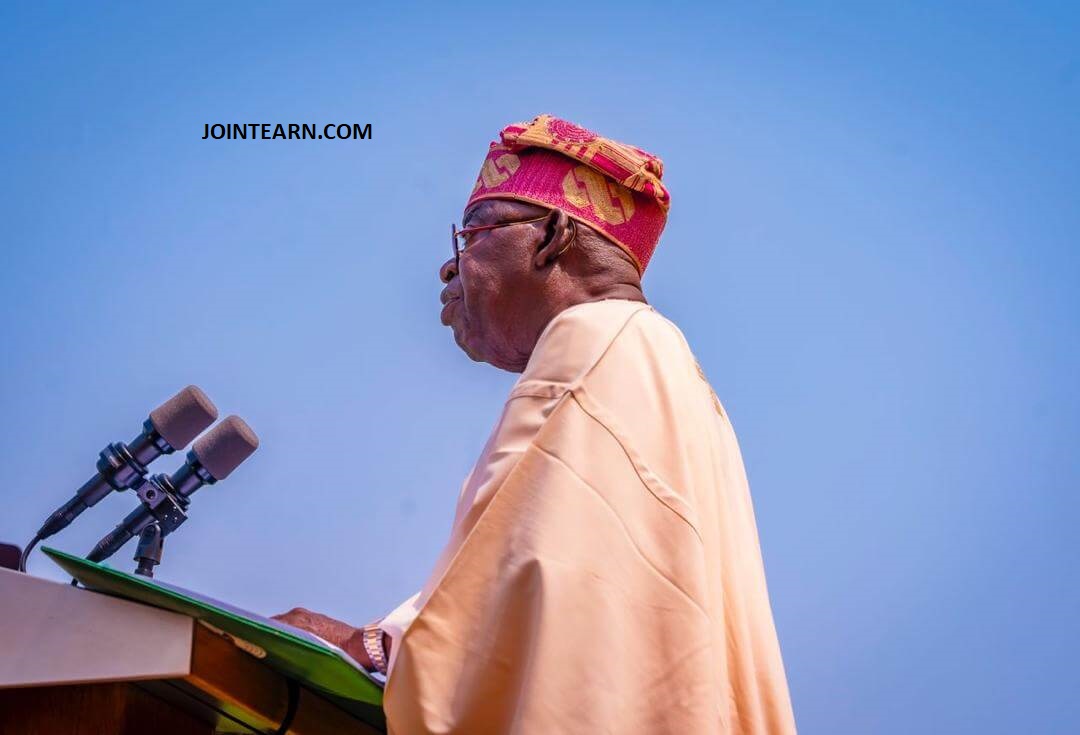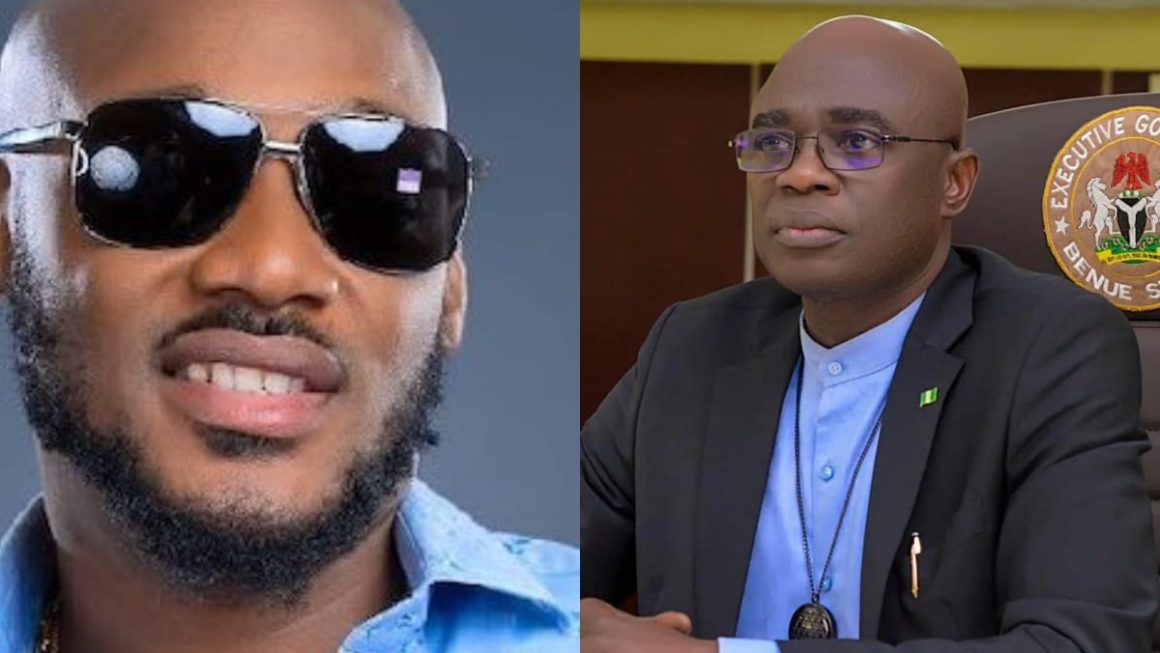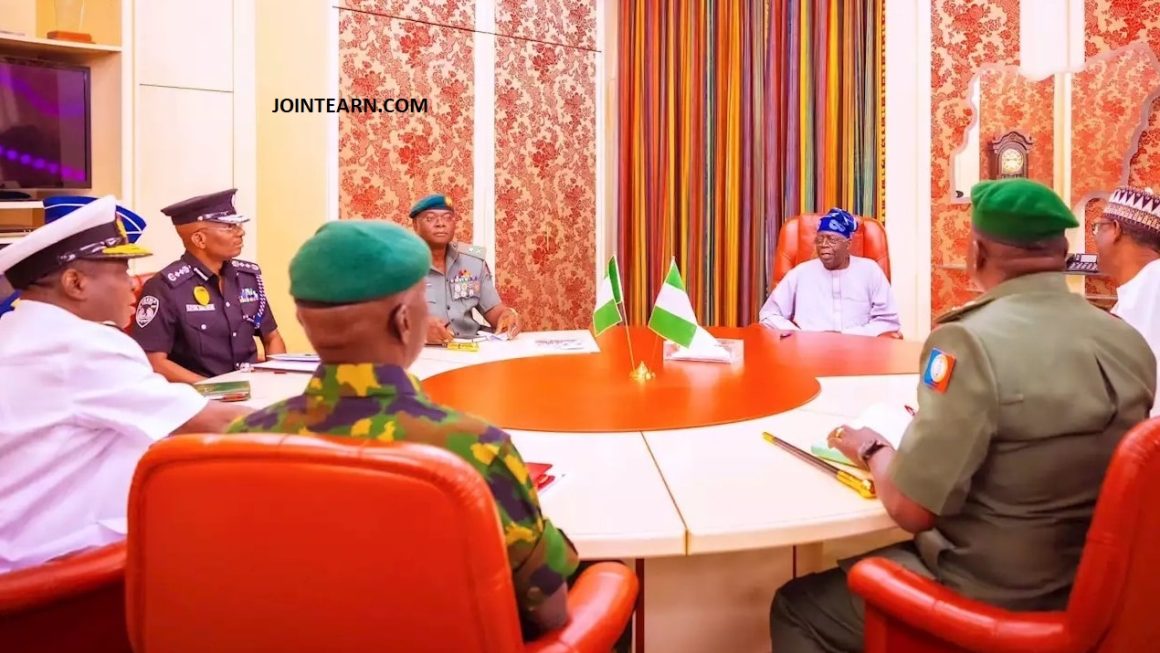A chieftain of the Peoples Democratic Party (PDP), Chief Bode Olabisi, has openly criticized President Bola Ahmed Tinubu over the alleged approval and construction of a ₦10 billion solar power grid to service the Presidential Villa and surrounding government facilities, describing it as a gross misplacement of priorities in the face of Nigeria’s growing energy crisis.
The PDP stalwart, who spoke to journalists in Abuja on Saturday, expressed deep concern over what he called “opulent indulgence” by the presidency at a time when millions of Nigerians continue to live in total darkness and suffer from erratic electricity supply nationwide. Chief Olabisi argued that the solar grid project is yet another example of the current administration’s growing disconnect from the realities of everyday Nigerians.
A Wasteful Luxury in Difficult Times – Olabisi
“It is disheartening that the President deems it appropriate to authorize a ₦10 billion solar project for his own comfort, while citizens can’t even get two hours of power in a day,” Olabisi said. “This is the height of insensitivity and poor leadership. Nigerians are groaning under electricity tariff hikes, multiple taxation, and worsening inflation, yet the Presidency is prioritizing solar power for itself.”
Olabisi further stated that such expenditure is not only extravagant but also immoral, especially at a time when the government is implementing subsidy removals and urging citizens to make sacrifices for the nation’s economic recovery.
“You cannot preach austerity and practice extravagance. Nigerians were told to endure pain for long-term gain, but those in power are clearly not sharing in that pain. They are building comfort for themselves and leaving the people in darkness,” he added.
A Disconnect from National Priorities
According to Chief Olabisi, the move reflects a deeper problem in governance—one where those in power continue to isolate themselves from the suffering of ordinary Nigerians. He noted that many rural communities have not seen electricity in over a decade, while urban centers continue to rely on expensive and polluting diesel generators due to unreliable public supply.
“If the Presidency can be powered by solar, why can’t the government invest the same way in powering public hospitals, schools, and rural communities?” he queried. “We are not against green energy or solar investment, but it must be people-focused, not elite-centered.”
Nigerians Paying More for Less
The PDP chieftain also decried the recent hike in electricity tariffs by the Nigerian Electricity Regulatory Commission (NERC), which he described as “anti-people.” He said the government’s failure to address widespread inefficiencies in the power sector while shifting the financial burden to consumers only worsens the national mood.
“People are paying more for darkness. SMEs are shutting down due to electricity bills. How can this administration justify spending ₦10 billion on a presidential solar grid while market women and small businesses are struggling to keep their lights on?” Olabisi asked.
Demand for Transparency and Public Justification
Chief Olabisi has called on the Presidency to come clean about the solar project, including full details of the procurement process, the scope of work, and the justification for the amount budgeted. He urged the National Assembly to launch a probe into the expenditure and ensure that it aligns with national priorities.
“We are demanding full transparency on this project. Who are the contractors? What is the breakdown of the ₦10 billion? Why wasn’t this money directed toward improving the national grid or subsidizing community solar projects?” he asked.
Call for Investment in Public Utility Solar Projects
While condemning the Presidential Villa solar plan, Olabisi emphasized the need for widespread investment in solar power solutions for public infrastructure. He urged the federal government to re-channel resources into powering schools, rural clinics, primary healthcare centers, and low-income neighborhoods.
“There are thousands of public primary schools without light. There are rural health centers where vaccines spoil due to lack of refrigeration. That’s where solar should go. Not just the comfort zones of Abuja,” he said.
Presidency Yet to Respond
As of press time, the Presidency has not issued an official response to the criticisms. Attempts to reach the Special Adviser on Media and Publicity, Ajuri Ngelale, were unsuccessful. However, sources within the Ministry of Power hinted that the solar project is part of a broader effort to make government buildings more energy-efficient.
An official, who requested anonymity, defended the project, stating that the Villa’s solar grid was also aimed at reducing diesel consumption and carbon emissions. “It is a long-term investment that will reduce operating costs over time,” the official noted.
Public Backlash Mounts
The reaction from the public has been mixed, with many Nigerians expressing outrage on social media platforms. Hashtags such as #SolarForTheRich and #PowerThePeopleNow have begun trending, reflecting the growing anger over what is perceived as government indulgence at the expense of national need.
Civil society organizations have also weighed in, calling for a re-evaluation of national spending priorities. “We need energy justice in Nigeria. Let the people come first,” said Yemi Dauda, spokesperson for the Nigerian Green Citizens Initiative.
Conclusion
The controversy surrounding the ₦10 billion solar project for the Presidential Villa has added to mounting concerns about how public resources are allocated under President Tinubu’s administration. As economic hardship continues to grip citizens and energy poverty remains widespread, the decision has drawn sharp criticism from opposition leaders and civil society alike.
Whether the government will review the project or take steps to address public concerns remains to be seen. For now, the conversation continues, with many Nigerians demanding accountability and a more equitable approach to energy infrastructure investment.











